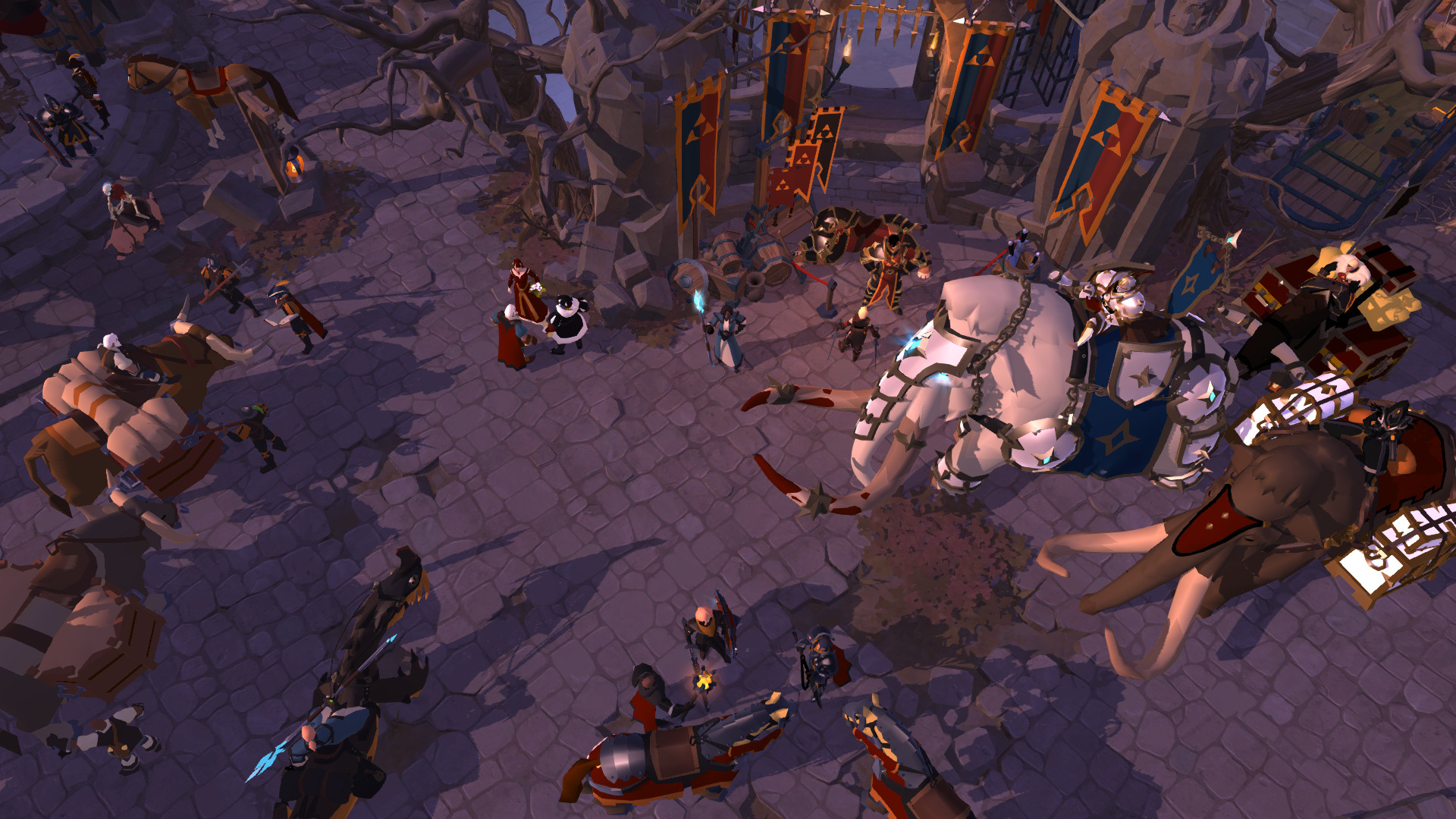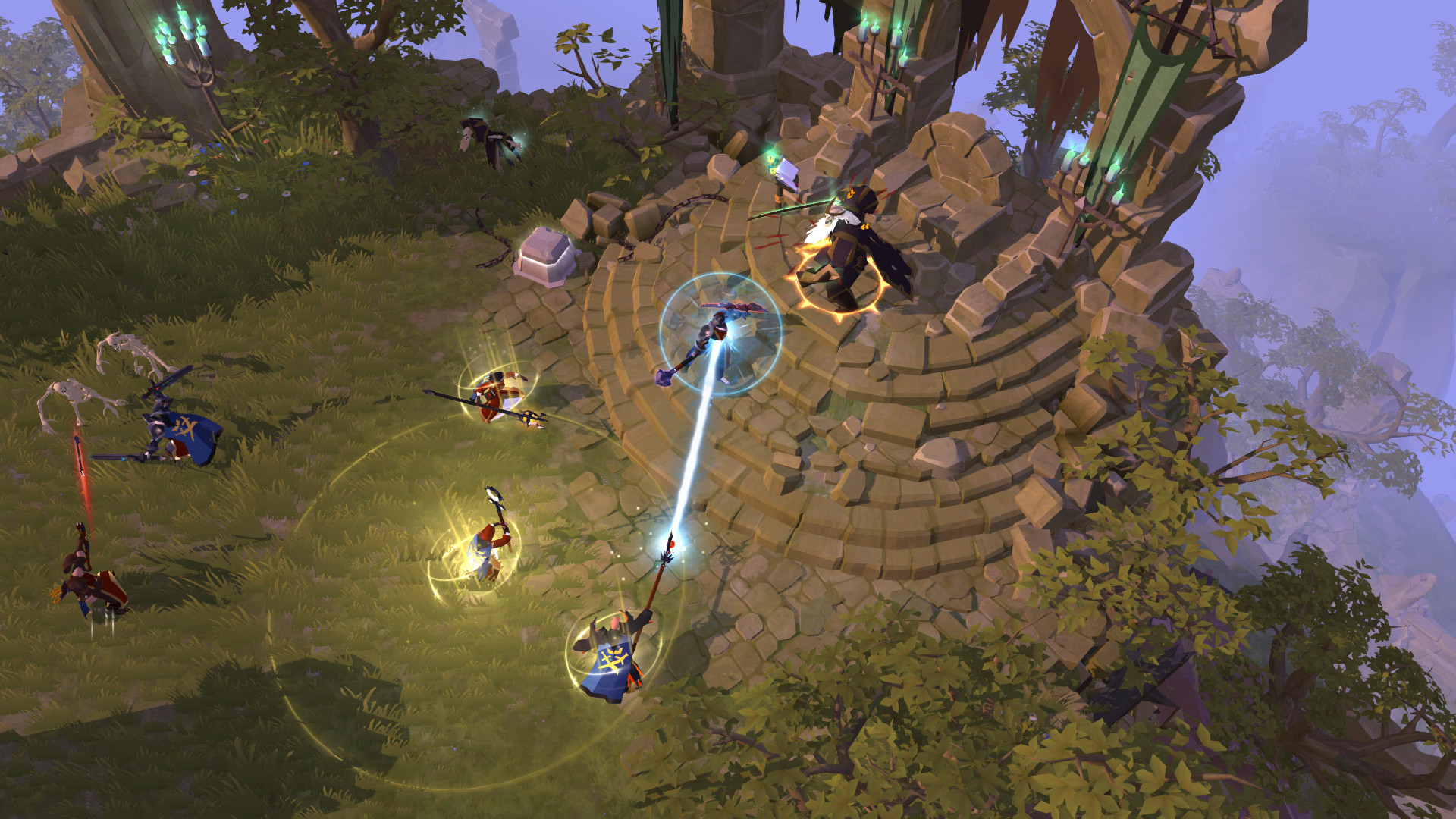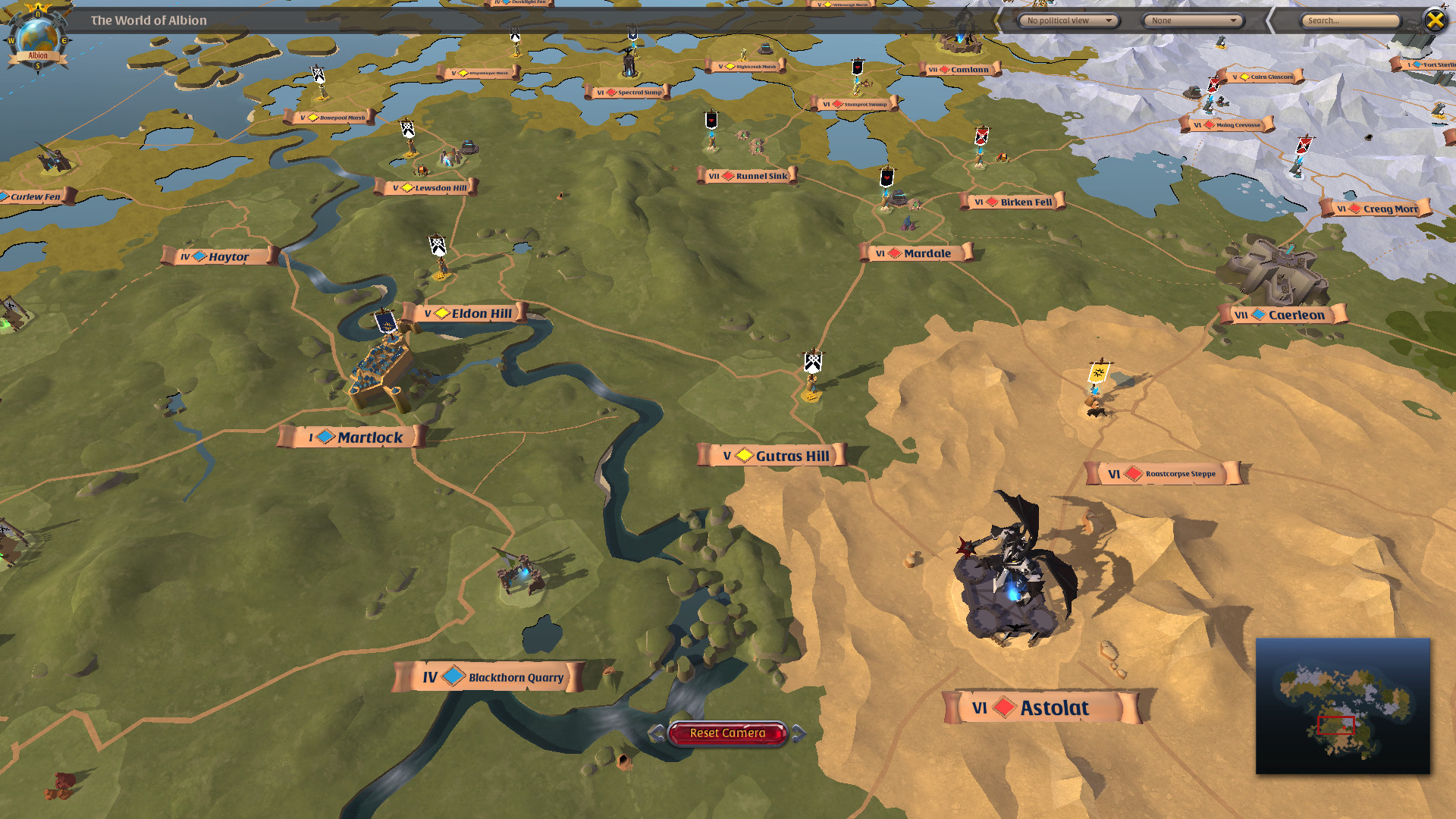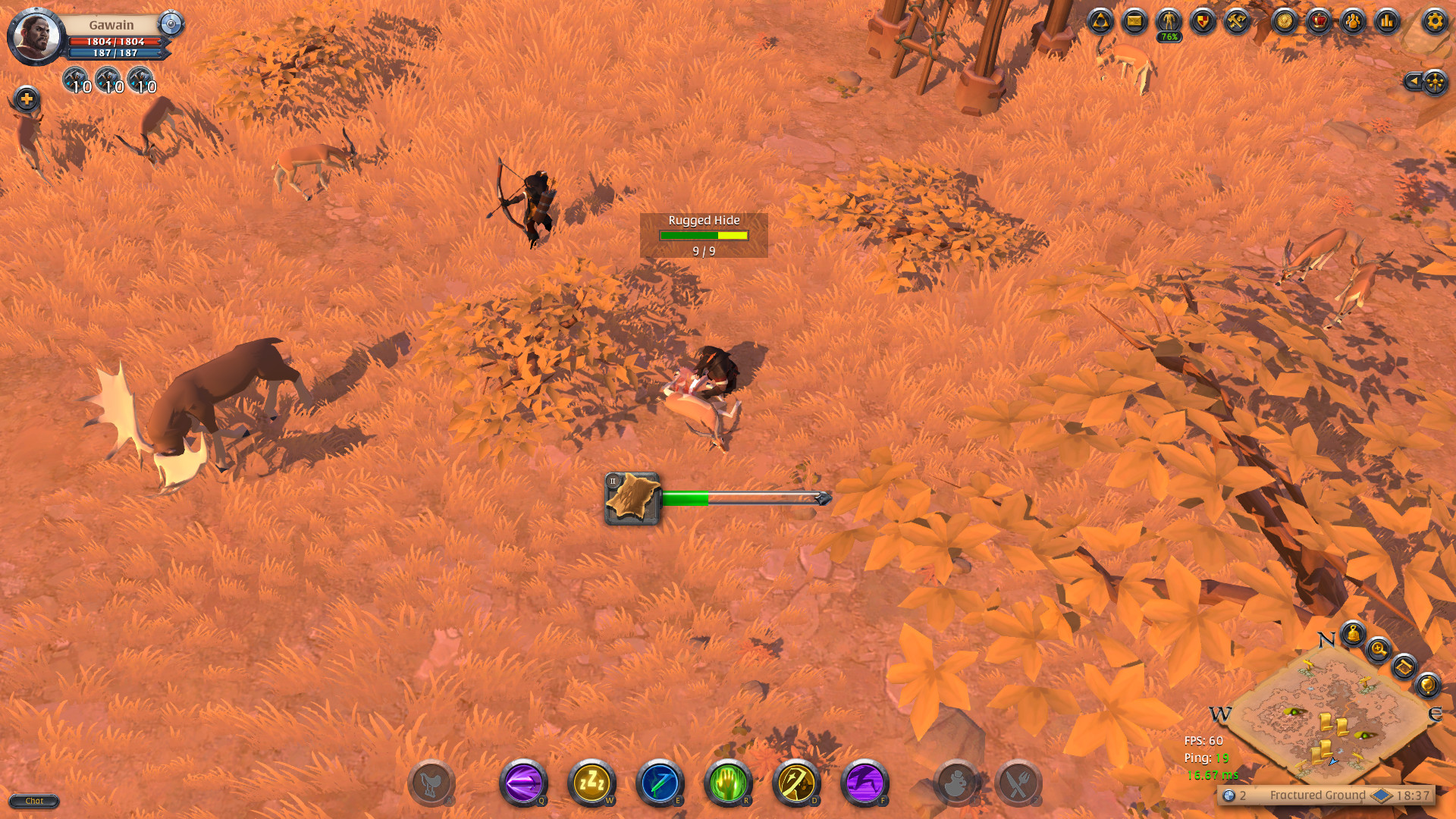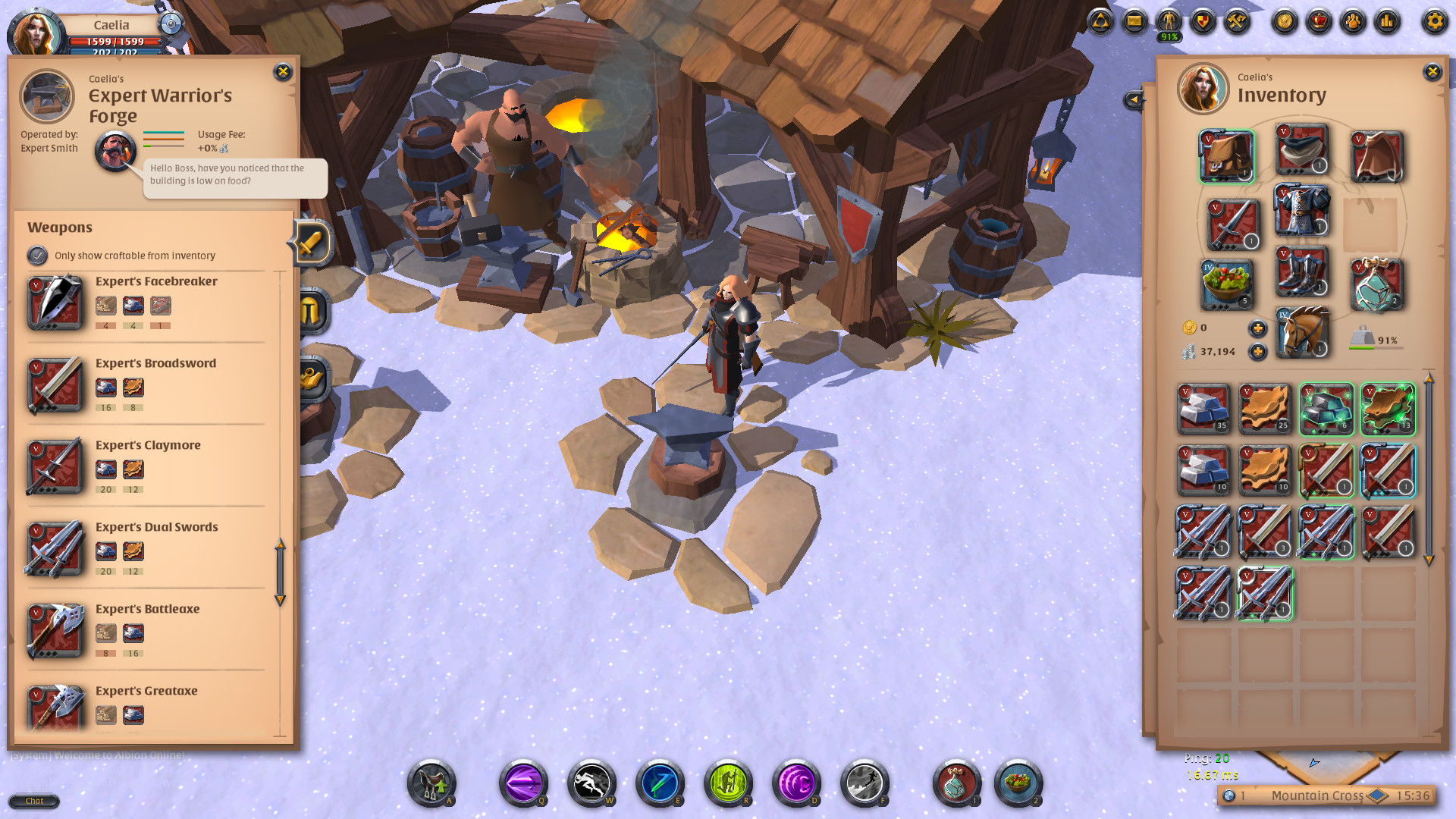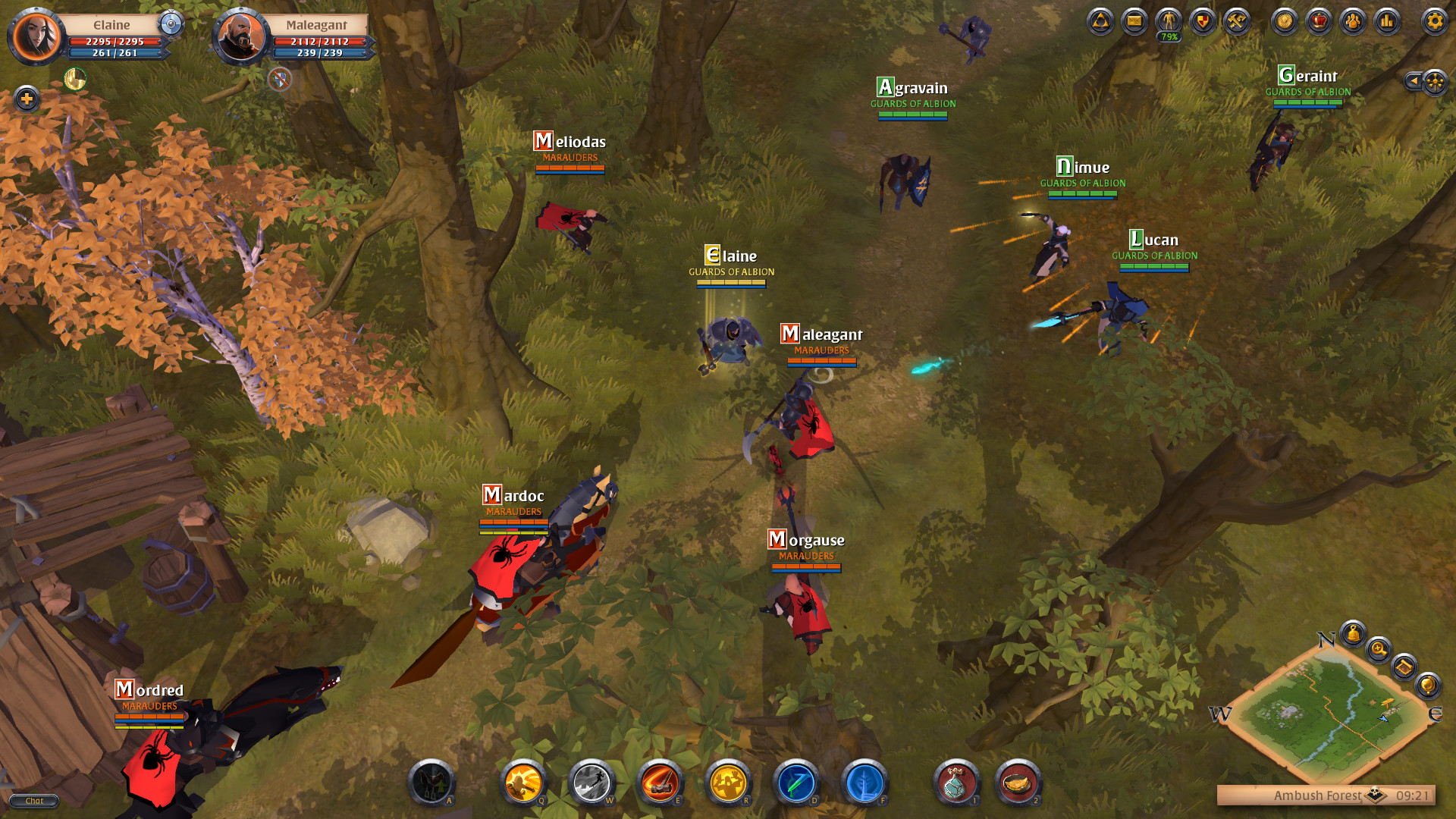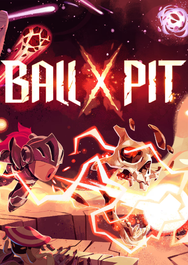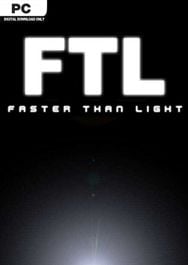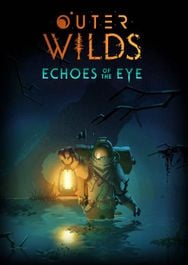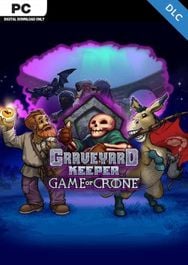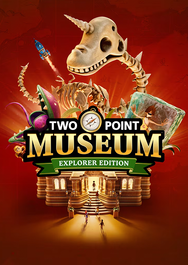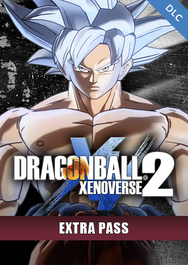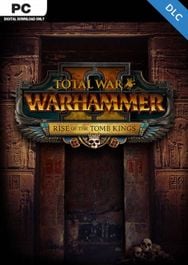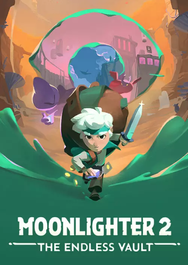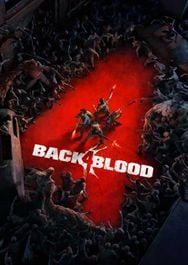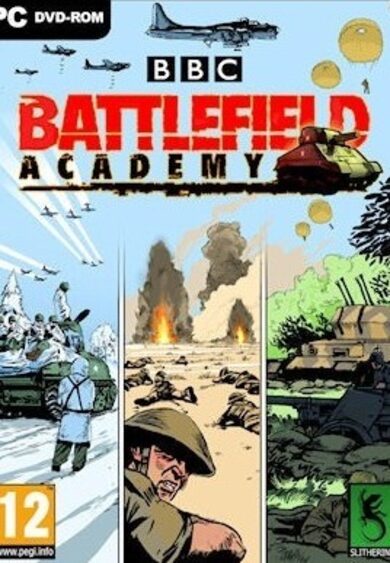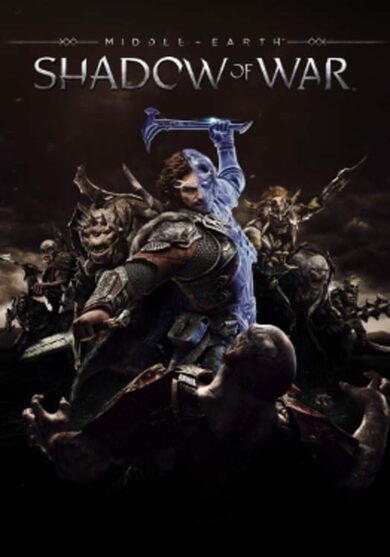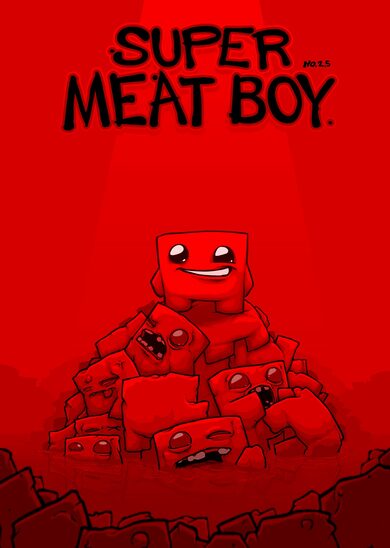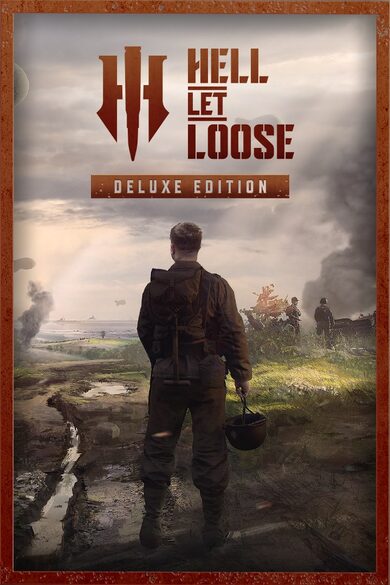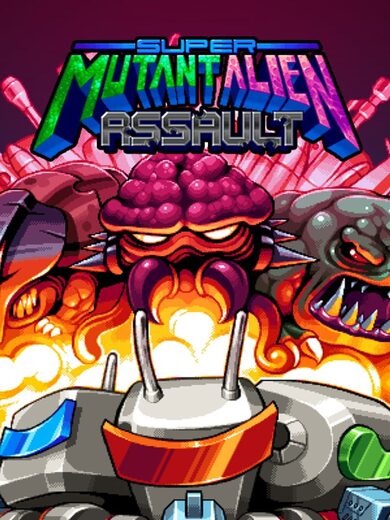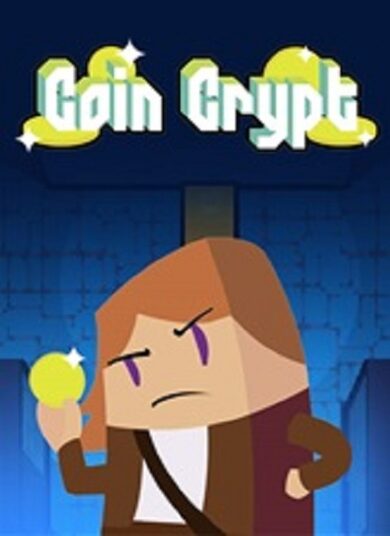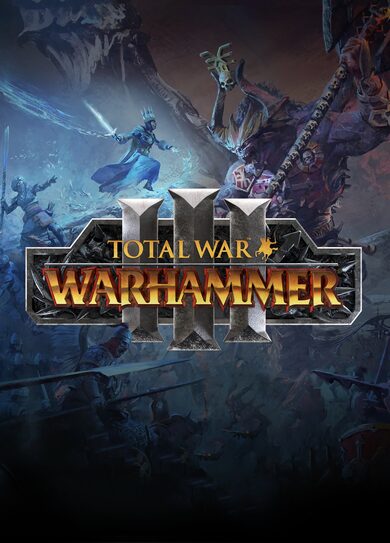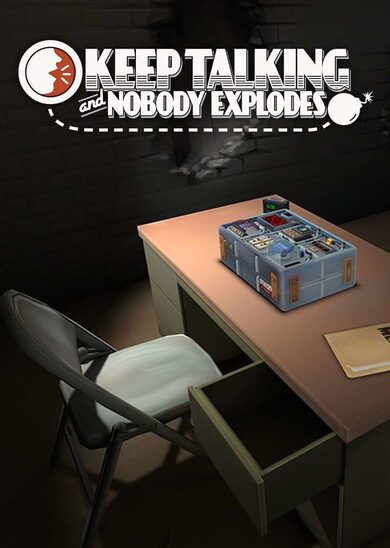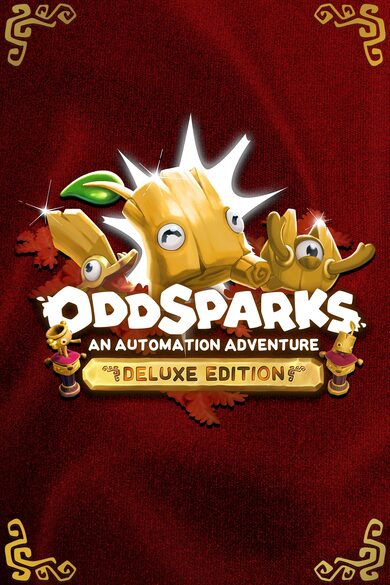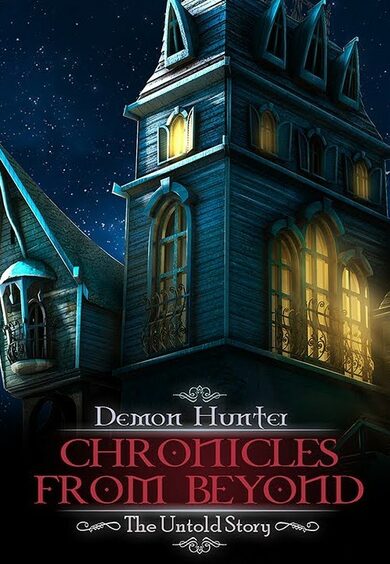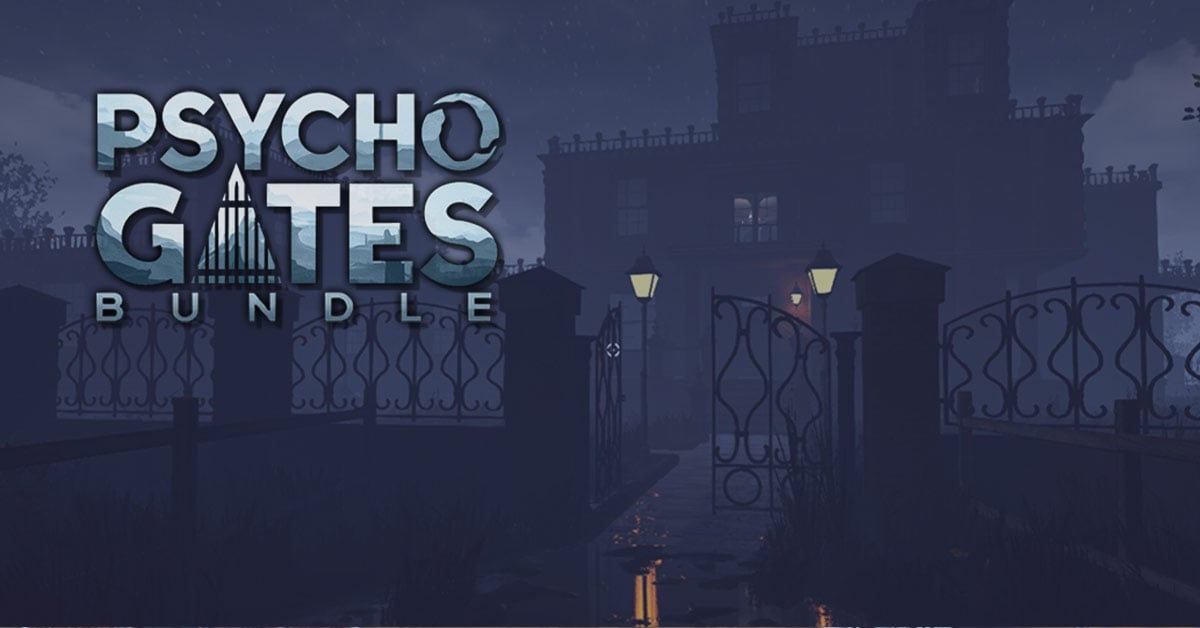
Craft. Trade. Conquer.
Dive in now and become part of a living fantasy world where everybody matters.
Key Features

From basic tools and clothes to mighty armors and powerful weapons – nearly every item in the game is crafted by players, in player-constructed buildings, from resources gathered by players. Buy, sell, and trade with other players at local marketplaces all across the world of Albion. Craft rare and powerful items, then sell them to the highest bidder and grow your fortune.

In Albion Online's classless combat system, you are what you wear. The weapons and armor you use define your skills, and switching playstyles is as easy as switching gear. Test out new equipment anytime and change up your weapons, armor, and mounts to suit any situation. Hone your character’s skills by crafting new items, or by simply using your favorite equipment.

From solo to small-group to large-scale battles, you'll need strategy, tactics, and skill to prevail. Test yourself against other adventurers in high-risk, high-reward full-loot fights. Level your combat specializations, create unique builds with complementary skills, and use every tool at your disposal to emerge victorious.

Join a guild and carve out your own piece of Albion in massive open-world battles. Claim territories for access to incredible resources, construct guild halls, and conquer entire cities to levy taxes and grow your wealth. Build a Hideout to give your guild a powerful home base deep in dangerous lands. Lead your guild to victory in the Crystal League, and track your progress against other guilds worldwide on a constantly-updated seasonal leaderboard.

Claim a city plot or private island and make it your own. Grow crops to sell or craft into food, raise your own livestock and mounts, and place crafting stations for other players to use for a fee. Stock your house with custom furniture and trophies, build chests to store your growing collection of loot, and hire laborers to keep everything at your homestead running smoothly.

From small scouting bands to massive bosses, from dungeons to full-blown faction bases, the inhabitants of Albion’s open world await your challenge. Take on six different factions, each with different enemies that require unique strategies. Partake in solo or group Expeditions, or seek out the ultimate thrill by facing demons and other players alike in Hellgates and Corrupted Dungeons.

Explore five beautiful biomes, each with its own challenges. Gather valuable raw materials for crafting, or cast a line into Albion's waters to catch rare and valuable fish. Seek out randomly generated solo and group dungeons and slay powerful foes for valuable loot. Enter the mystical Roads of Avalon to discover ever-changing paths between distant zones, face off against long-dormant foes, and build your own Hideout in this vast and ancient land.

Albion Online is a true cross-platform MMO experience. Whether you prefer Windows, Mac, Linux, or even Android or iOS (mobile currently in beta), one account lets you play on all platforms, with all players on a single shared server. Forge alliances with other players worldwide and take part in massive battles to determine the fate of Albion.
Crafting is one of the foremost components of Albion's player-driven economy. While excelling as a crafter requires hard work and planning, when done properly it can be one of the most rewarding activities in the game. This guide will start you on your way to being a skilled crafter with a few essential tips.
Once you have completed the first part of the tutorial, you will unlock Novice Adventurer in the Destiny Board, which will in turn unlock the Trainee Craftsman Mastery. This node allows you to craft Novice items at four different types of crafting station: Mage's Tower, Warrior's Forge, Hunter's Lodge and Toolmaker.
[img]//assets.albiononline.com/uploads/media/default/media/3782c2de696fdaaf0b4e0d76eb5eaf46d92379e3.jpeg[/img]
From this point on you will always have the choice between being self-sufficient by gathering and refining the materials needed or buying already-refined materials from the marketplace.
Heres an overview of all the different crafting stations and the respective items you can craft there:
Crafting Station | Weapons | Armors |
Warriors Forge | Swords, Axes, Maces, Hammers, Crossbows, War Gloves, Shields | Plate Helmets, Armors & Boots |
Hunters Lodge | Bows, Spears, Nature Staffs, Daggers, Quarterstaffs, Torches | Leather Hoods, Jackets & Shoes |
Mages Tower | Fire, Holy, Arcane, Frost, and Cursed Staffs, Tomes | Cloth Cowls, Robes & Sandals |
Toolmaker | Gathering tools, Demolition Hammers | Gathering gear, Capes & Bags |
Studying Items
If you want to make faster progress in your crafting mastery you have the option to study an item. This gives you a minimum of 275% of the crafting Fame of the item you are studying. When you add this to the 100% Fame received for crafting the item, the result is a huge bonus that will allow you to quickly unlock Journeyman or Adept crafting levels. The downside is that items are destroyed when studied, but the benefits far outweigh the disadvantages for progression purposes. It is important to understand that each item you wish to study has to be studied at the correct crafting station - so a Broadsword is studied at a Warriors Forge, a Mercenary Jacket at a Hunter's Lodge, and so on.
[img]//assets.albiononline.com/uploads/media/default/media/170b28c6cc52ce4a4387636971c0bc4020dda4c4.jpeg[/img]
Once you have unlocked T4 crafting for a given item you will no longer be able to study the tiers of equipment below it, so you cant just craft huge amounts of Novice or Journeyman gear and study all the way to Expert. Instead, you should work out how many items you need to craft and study to get to the next tier with a minimum of resources used. Planning ahead when crafting is vital!
Resource Return
When crafting at a player station in a city, the Outlands or a Hideout, you will gain a bonus on resource return. As the name suggests, this will return a percentage of the resources to you when crafting. But be aware that, since crafting stations in the cities are player-run, they usually apply a crafting fee. Make sure to check the crafting tax before beginning to craft.
Local Production Bonuses
Local production bonuses are added to the normal resource return and reward you for crafting or refining items in a specific location. Each biome has a bonus for one refined resource along with several weapons and armor pieces. For example: the Forest biome provides bonuses to cloth refining, and Bow, Sword, Arcane Staff, Leather Hood and Shoe crafting. This means that there is an increased return when crafting these items in the city of Lymhurst or in a Hideout in a forest biome. Cities always provide the best resource returns for refining, while Hideouts provide better resource returns for gear. The return also scales with zone quality and Hideout level.
Local production bonuses are listed in the top-right of the overview map. The numbers displayed show how many more items can be generated if returned resources are reinvested.
[img]//assets.albiononline.com/uploads/media/default/media/2f73c84a476baba8e21f5555ebebb44139693d97.jpeg[/img]
Daily Production Bonus
Crafters who want to further maximize their efficiency can take advantage of the Activities window, where you can see the daily production bonus. This changes each day with maintenance and offers a 10% or 20% production bonus on up to two different item groups.
Focus
Focus is an invaluable tool for any artisan. Turning Focus on allows you to increase the return rate of materials used in crafting. Focus recharges at 10,000 points a day for characters with Premium - refilling gradually throughout the day rather than in a single deposit.
To craft using Focus, check the Focus box at the bottom of the crafting window (see image below). The number displayed will show how much Focus you need for an increased return of resources. Some items take a huge amount of Focus to get the full return bonus, so check before you craft.
When using Focus make sure to prioritize items that use expensive resources, and always consider these new bonuses before crafting. Any increased bonus means increased profit for you, as getting more materials back allows you to make more items with your valued resources.
[img]//assets.albiononline.com/uploads/media/default/media/79a2a819953ed85223448f131122e36224298505.jpeg[/img]
Item Quality
Before clicking "Craft", ensure you have enough Focus, else a lower resource return will be applied. Make sure to select not only the correct item, but also the desired enchantment level. Once you're ready, click the Focus box, and click Craft. Bring your force of will upon the item, and hope for a masterpiece!
When you craft a Journeymans item, it will have a base item power of 500. This is modified by quality, which can be very important as it often dictates the price the finished item can be sold for, or what bonuses they add when used in combat. Let us look at quality bonuses in the image below.
[img]//assets.albiononline.com/uploads/media/default/media/170c4f883558bc6582a01ee5c3c3eeb1038e45d6.jpeg[/img]
To further boost your chances of crafting higher quality items, or to simply speed up the crafting process, you can eat salads before you begin. These offer a two-minute buff during which the chances of crafting higher quality items is increased, along with crafting speed.
Crafting Mastery & Specialization
When leveling up a crafting profession you will mostly pay attention to the Crafting Mastery of your item category. This is the main node that determines the tier of items you can craft in a specific item category. In addition to unlocking the ability to craft higher tiers, you will also gain a small bonus towards Focus cost efficiency, and a higher chance of crafting better quality items.
[img]//assets.albiononline.com/uploads/media/default/media/88c887ae0c06b6a49f44495161337c42bea701db.jpeg[/img]
The Mastery node splits up into a node for each separate item that can be crafted. Each of the 7 different Fire Staffs above has their own Specialization. Leveling these will grant a huge bonus to Focus cost efficiency and item quality chances for that specific item, while also granting a small bonus to all other Fire Staffs.
When crafting an item of Adept level or higher, you will always gain Fame towards the Mastery and Specialization node.
You can see how important Study, Mastery, and Specialization are to crafting, and their effects on item levels. Now we need to look at how using enchanted materials from Adept level upwards affects an item's stats as well.
Enchanted gear
To craft with enchanted materials, first enter the crafting menu as if you were crafting an item with normal materials. In the crafting box you will see four diamonds, which signify the enchantment levels of materials you wish to craft with. The green diamond allows you to craft .1 (Uncommon), the blue diamond allows you to craft .2 (Rare), the purple diamond allows you to craft .3 (Exceptional) and the gold diamond allows you to craft .4 (Pristine). Simply select the level of enchantment by clicking the corresponding diamond, and if you have the correct materials you will be able to craft the item. Bear in mind that if the item requires multiple material types, all of the materials must be enchanted and all must be of the same level!
[img]//assets.albiononline.com/uploads/media/default/media/e26bfdfb7286488dbec771a86f07350249bd0020.jpeg[/img]
Enchanted items also have a tier bonus as detailed in the picture below. This is a huge factor when it comes to selling items, as enchanted items of higher quality are sought after and command high prices!
[img]//assets.albiononline.com/uploads/media/default/media/246899bf6d72184e22fb291c991b5eeaaa905a90.jpeg[/img]
It is also important to note that, when crafting high-level items, you will need to have a plan to source the materials. This can be done either by raising your gathering and refining levels so you can produce the materials yourself, or purchasing the required materials. If purchasing the materials yourself, it is a good idea to use buy orders on the Marketplace to get the materials as cheaply as possible and maximize your profit or study potential.
If youve crafted an item with high quality but low enchantment, you can also enchant them later on at the Artifact Foundry.
Artifacts
Speaking of Artifacts, it is important to know the different types of Artifact - both in terms of item power level and where we can source the materials to make these pieces of sought-after equipment.
There are four levels of Artifact materials:
- Level 1: Runes (Artifact) or Royal Sigils[/*]
- Level 2: Souls (Artifact)[/*]
- Level 3: Relics (Artifact) or Feys[/*]
- Level 4: Avalonian Shards[/*]
You can craft all Artifacts, except for Royal Sigils (exclusive to Arenas and Expeditions) and Fey artifacts (Exclusive to the Mists), at the Artifact Foundry, found in every city. Runes, Souls and Relics can be found in various places such as the open world, dungeons or Hellgates - the higher the zone tier, the higher the level of materials you'll find. You may even get an Artifact or Artifact piece straight away as a random drop!
What to do now?
You may wonder if theres even demand for all the gear youre crafting, and where you should sell it.First of all, there is high demand for all sorts of gear due to so many players engaging in full-loot PvP fights all over Albion, meaning when a player dies in PvP combat, each item he was wearing or carrying has a chance to break. And while you can sell your gear in the thriving Marketplaces of each city or directly to other players, there is also the option to bring your goods to the Black Market in Caerleon. There, a sinister trader buys large quantities of equipment which are distributed to every individual mob or chest in the game.
Minimum Setup
- OS: Ubuntu 14.04 - 18.04 LTS 64 bit or SteamOS (other distributions may work. but are not officially supported)
- Processor: Intel/AMD CPU with SSE2Memory: 4 GB RAM
- Memory: 4 GB RAM
- Graphics: Graphics card with OpenGL 3.3 support or betterNetwork: Broadband Internet connectionSound Card: SDL2: libsdl2-2.0-0
Recommended Setup
- OS: Ubuntu 14.04 - 18.04 LTS 64 bit or SteamOS (other distributions may work. but are not officially supported)
- Processor: Intel/AMD CPU with SSE2Memory: 8 GB RAM
- Graphics: Graphics card with OpenGL 3.3 support or betterNetwork: Broadband Internet connection
- Storage: 8 GB available space
[ 6361 ]
[ 6590 ]
[ 3185 ]
[ 2507 ]
[ 1655 ]
[ 1040 ]
[ 32822 ]
[ 883 ]
[ 45613 ]
[ 6040 ]

